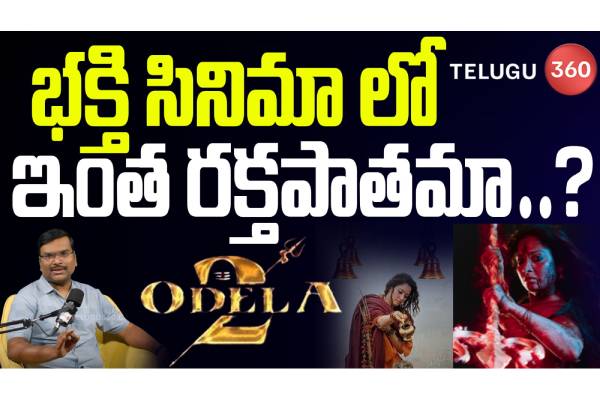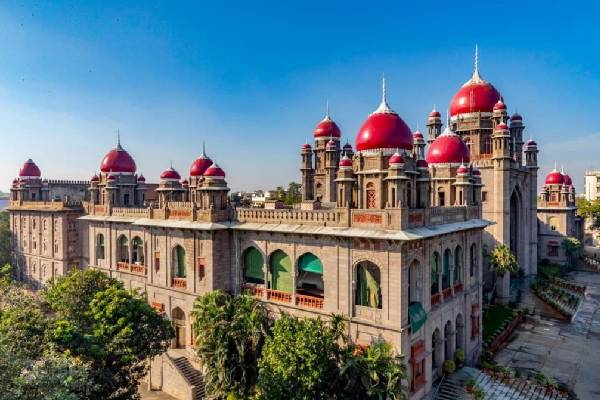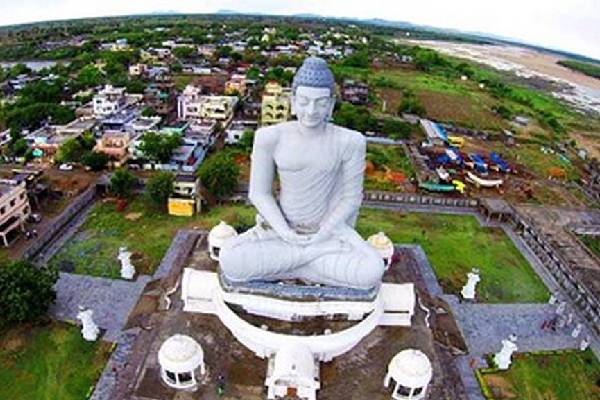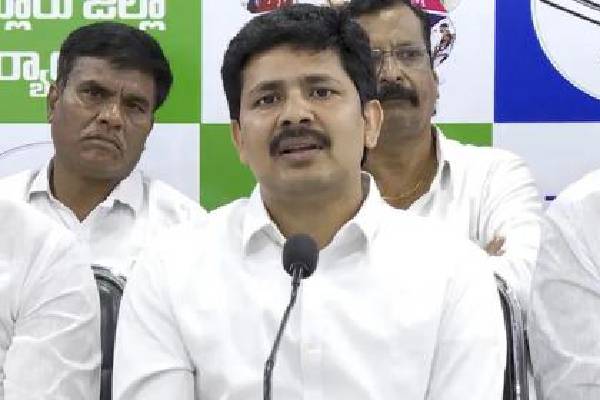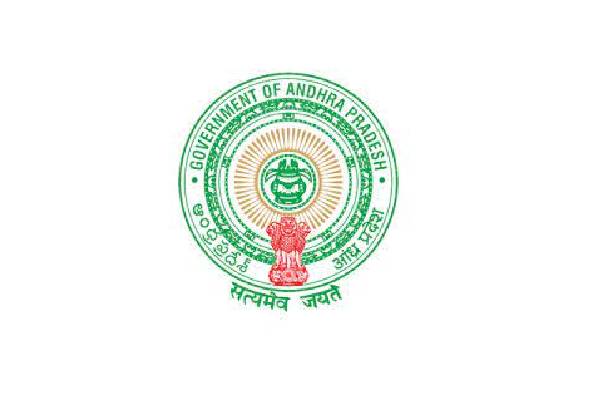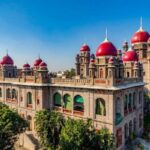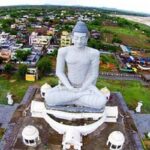Meta Founder Mark Zuckerberg is under fire from India, as PM Narendra Modi Government is completely miffed with his statement over 2024 elections.
Speaking at an international event recently, Mark Zuckerberg commented that all incumbent Governments across the globe have lost in 2024. The maverick tech genius cited the failure in handing COVID as the reason for the defeat of incumbent Governments. He has also Included India in the list.
It is unclear, how Mark Zuckerberg one of the most agile and alert tech czars, who keeps abreast with all the international developments, got it wrong about the world’s most buzzing and biggest democracy.
PM Narendra Modi winning Indian General Elections for the third time in a row, hit headlines globally and all the world leaders congratulated him. Even tech and startup community keenly followed the Indian General Elections 2024. But Mark Zuckerberg made a big gaffe in such a serious and significant matter.
As Mark Zuckerberg holds attention of entire globe and his comments draw millions of minds, Indian Government made it a point to give a rejoinder in the issue.
India’s Minister for Information and Broadcasting, Electronics and Information Technology Ashwini Vaishnaw condemned Mark Zuckerberg’s words in unequivocal terms.
Explaining how PM Modi Govt has ensured 2.2 billion free vaccines, free food for 800 Million and aid to other nations during COVID, Ashwini Vaishnaw stressed that PM Modi has turned India into the world’s fastest growing economy. He added, these efforts of PM Modi has ensured an emphatic third term victory.
Calling Zuckerberg’s statement as disappointing and misinformation, Ashwini Vaishnaw urged Meta Founder to uphold facts and credibility.
Taking the matter further, Nishikant Dubey, Chairperson of Parliamentary Committee on Communications and IT, even demanded Meta Founder Mark Zuckerberg to apologise. He said that Indian Parliament will summon Zuckerberg.
With these developments, ‘Will Mark Zuckerberg apologise to India and put an end to the controversy,’ has turned into a big debate among international political and tech circles.






















